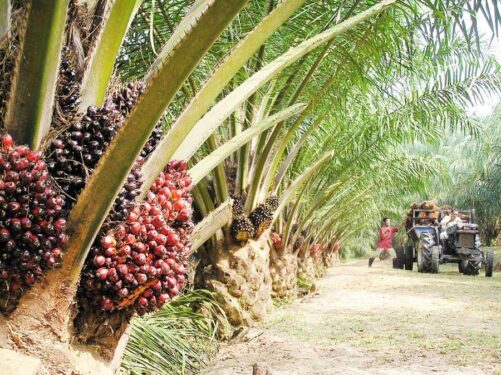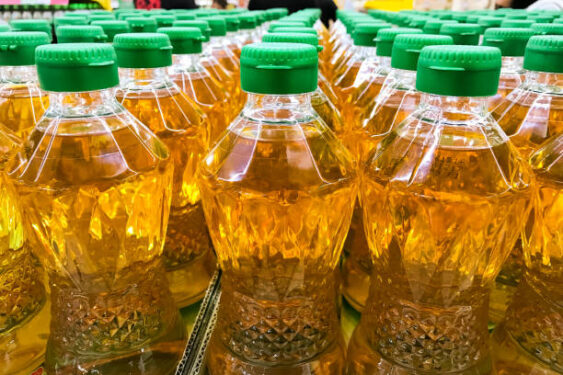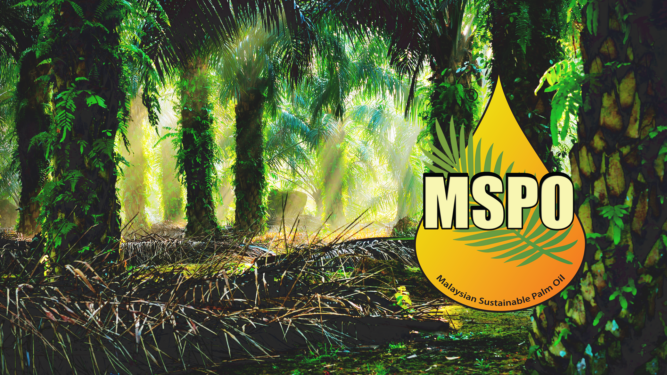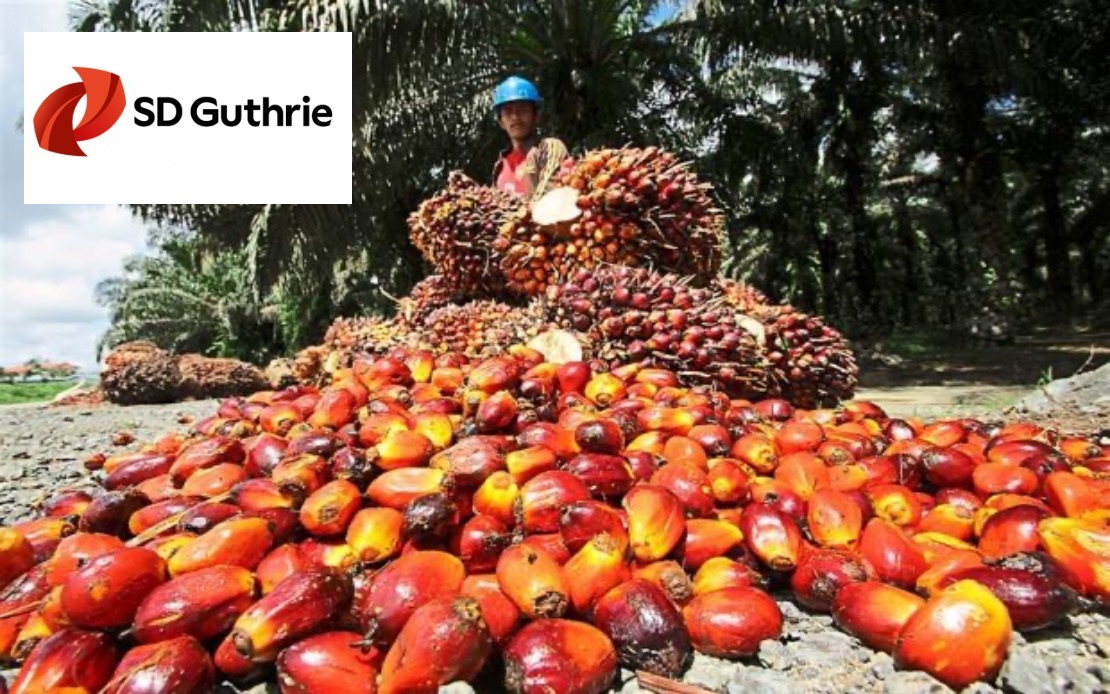THE palm oil industry has always been at the centre of global debates on sustainability. From being the world’s most efficient oil crop to the controversies surrounding deforestation and biodiversity loss, the narrative around palm oil is complex.
However, those who have been part of the industry for a long time have also witnessed its evolution. From improving yields through innovative breeding programmes to addressing global criticism over environmental issues, the industry has come a long way.
When it comes to yield productivity, palm oil’s efficiency is unmatched. Yet, public perception often overlooks this advantage, focusing instead on its environmental controversies.
The irrefutable fact is that palm oil produces significantly more oil per hectare than alternatives like soybean or sunflower – and this makes it a vital crop for feeding the world’s population.

Nevertheless, the global population is also at a critical juncture. From around 8.2 billion people currently, it is rapidly surging and expected to reach 9.7 billion by 2050.
Breakthrough innovation
This means the demand for agricultural products will continue to grow, thus presenting mankind with the ultimate challenge: how do we increase productivity on limited arable land without compromising the environment, communities or future generations?
Balancing growth, food security and environmental protection is no easy task. Palm oil expansion has historically come at a cost, particularly in biodiversity-rich regions like Southeast Asia.
However, over the past decade the industry has shown that it can adapt, making significant strides in implementing sustainable practices.
For example, genomics research by major industry players like SD Guthrie Bhd (previously Sime Darby Plantation Bhd) has been a game-changer for the industry. We have been able to breed palms that can produce significantly more oil yield.
This breakthrough innovation is critical as we aim to decouple productivity from deforestation. By understanding the oil palm genome, we are also making inroads towards breeding palms that are resilient to pests, diseases and extreme weather conditions.
Technological innovations are also allowing us to further maximise efficiency per hectare. Machines are now tackling back-breaking manual work that has characterised the industry for over a century, making work easier and more productive for workers.
Drones are being used to spray pesticides more efficiently in nurseries and immature palm plots while geo-spatial monitoring and GPS tracking optimise machine productivity in the field.
Precision agriculture techniques in oil palm plantations ensure that every drop of fertiliser and every ounce of pesticide is used wisely, further minimising waste and environmental impact.
Push for sustainability
As climate change intensifies, the palm oil industry must also prepare for its impacts. Oil palms are highly sensitive to changes in temperature and rainfall which directly affect yields. This means that a strong commitment to climate action and achieving net-zero is no longer optional – it is a necessity.
Investments in reducing carbon emissions such as biogas plants and climate resilient practices such as water management, circular economy and turning waste into resources are crucial.
Additionally, biomass from palm oil production can be converted into bioenergy or used to create biodegradable materials, reducing reliance on fossil fuels.

Beyond environmental concerns, the palm oil industry has a profound impact on people. It provides livelihoods for millions, particularly in rural communities. With proper support, it can drive social development by improving access to education, healthcare and infrastructure.
Smallholders who account for a significant portion of global palm oil production are key to the industry’s sustainable transformation.
Many lack access to advanced tools and training. By empowering smallholders with affordable technologies and knowledge-sharing programs, we can ensure that the push for sustainability is inclusive.
Changing the narrative
One of the biggest challenges the palm oil industry faces is public perception. Palm oil is often demonised but switching to alternative oils could result in even greater environmental harm.
To change this narrative, the industry must embrace transparency. Traceability tools allow consumers to see exactly where their palm oil comes from and whether it meets sustainability standards.
Certifications like RSPO (Roundtable on Sustainable Palm Oil) and MSPO (Malaysian Sustainable Palm Oil) provide assurance that the product is responsibly produced.

However, transparency alone is insufficient. The industry also needs to communicate its story better. Consumers must understand not just the challenges but also the progress being made.
From re-forestation projects to cutting-edge technology, numerous examples of positive change made by the industry deserve recognition.
Acknowledging the importance of communicating sustainability effectively, SD Guthrie recently launched its new sustainability framework called Beyond Zero.
It encapsulates how we have approached sustainability throughout our journey to be one of the world’s leading producers of certified sustainable palm oil.
The framework also outlines our commitment moving forward. With Beyond Zero, we aim to go beyond merely mitigating negative impacts to proactively restoring nature and transforming lives and livelihoods.
With the urgency of climate change, doing the bare minimum to comply with sustainability standards is no longer enough.
To build a better future, the industry must strive to go above and beyond. The question is not whether the palm oil industry can change – it can and already has.
As one of the most scrutinised industries in the world, the industry continues to strengthen its sustainability standards beyond those of many other agricultural sectors.
Looking ahead, one thing is clear: palm oil will remain a viable crop for the future. But its future depends on continued evolution with sustainability at the heart of its transformation. – Jan 16, 2025
Dr David Ross Appleton is the chief research & development officer at SD Guthrie Bhd (previously Sime Darby Plantation Bhd).
The views expressed are solely of the author and do not necessarily reflect those of Focus Malaysia.









